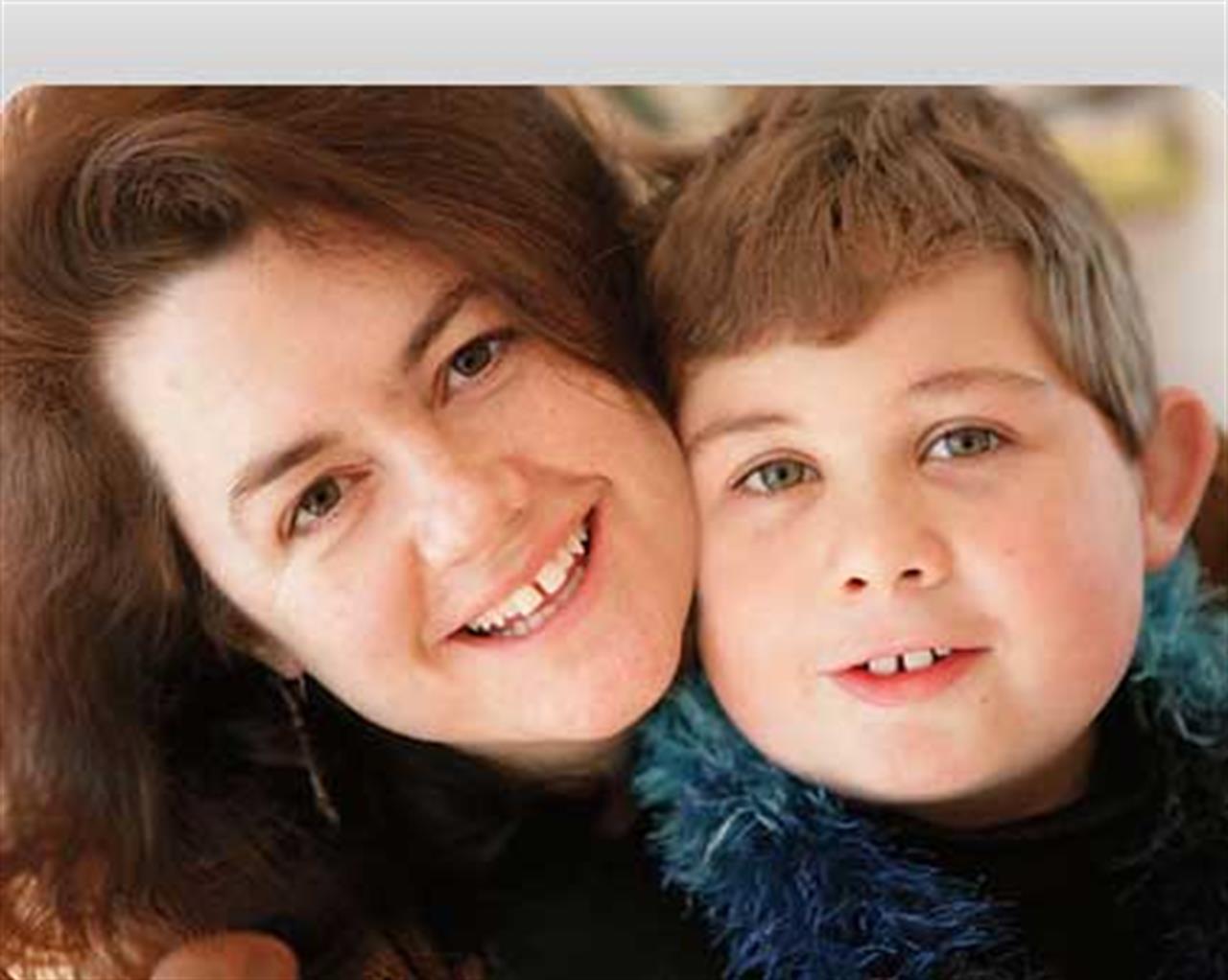Non profit
Autism: France as model for Poland
Agnieszka Rymsza writes about the recent conference on dealing with housing and autism in Poland where French representatives were invited to speak as showing best practices. Poland were reluctant to follow the "costly" model.
di Staff

On Wednesday, 22 of April, 2009, in the Polish Parliament a Polish-French debate on the housing for people with autism was held. The debate was organized by the Polish Parliamentary Group on Autism in cooperation with the SYNAPSIS Foundation and the AUTISM-EUROPE Alliance. The aim of the debate was to show to the Polish members of parliament and other decision makers the French solutions and good practices in the area of housing for adults with autism.
While in Poland there are no centers at all that would provide 24 hour care centers and housing appropriate for people with autism, in France the system of support in this regard is quite well developed. The French government developed a special program within which such centers were created. What is crucial about this is that the government budget incurs all the costs of such centers. Residential homes for people with autism have to be small (there should not be more than 12 persons with autism in one center) and the ratio between staff and persons with autism should be quite high (ideally, there should be at least one staff member per two or three persons with autism, depending on the level of their disability).
The Parliamentary debate was opened by the Speaker of the House (according to the Polish constitution the second, after the president, most important person in Poland) Bronislaw Komorowski and the President of the Polish Parliamentary Group on Autism Arkadiusz Rybicki.
During the debate the French policy towards housing for adults with autism was presented by: Jean-François Chossy – member of French Parliament acting for the benefit of people with autism in the French Parliament, Geneviève Zdrojewski – Representative of the French Department of the Government Plenipotentiary for the People with Disabilities, responsible for dealing with the autism-related issues and Pierre Toureille – President of Honour of the Pro Aid Autisme Association.
Among Polish participants of the debate there were Viceminister of Work and Social Policy and Government Plenipotentiary for People with Disabilities Jaroslaw Duda, as well as other representatives of the Ministry of Work and Social Policy, Ministry of Health, president of the Polish National Fund for the Rehabilitation of People with Disabilities, representatives of the National Fund for Health, members of the Parliament, particularly members of the Parliamentary Group on Autism, as well as representatives of fifty nonprofit organizations working for the benefit of people with autism creating the AUTISM-POLAND Alliance.
The number of people with autism both in Poland and in the whole world is on the constant increase. It is estimated that currently there are in Poland 20 000 children and 10 000 adults with autism. With time there will be more and more people with autism, therefore governments should develop programs of comprehensive assistance for this group of people, including housing for the adults. It is important to exchange good practices in this and other areas among countries creating the European Union. The representatives of Polish government were quite reluctant to adopt the French solutions. They kept saying that the costs of the 24 hour care centers are very high and Poland is a country much poorer than France and cannot afford to crate such centers. They cannot understand, however, that, leaving aside the ethical side of the problem, people with autism, if not taken care of, often end in mental hospitals with severe behavioral problems. And costs of their repetitive stays in hospitals is much much higher than the costs of their stay in regular care centers.
Si può usare la Carta docente per abbonarsi a VITA?
Certo che sì! Basta emettere un buono sulla piattaforma del ministero del valore dell’abbonamento che si intende acquistare (1 anno carta + digital a 80€ o 1 anno digital a 60€) e inviarci il codice del buono a abbonamenti@vita.it
